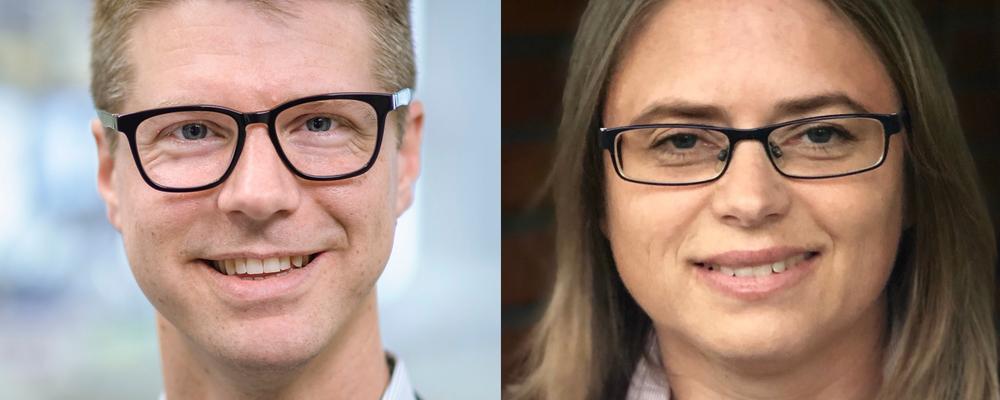Almost half of all men who die of prostate cancer in Sweden were diagnosed with an aggressive cancer, which had not yet spread. Thus, there should have been opportunities to halt the progression, but today's treatments are often insufficient for this high-risk group.
"With the project, we hope to improve survival by becoming better at finding the treatment that works best for each individual patient," says Andreas Josefsson, urologist and associate professor at Umeå University, initiator and project leader.
Participants with suspected prostate cancer
In the project SPRINTR (Swedish PRostate cancer Initiative for Novel Treatment Regimens), the researchers will identify new biomarkers to be used and evaluated for their ability to best allocate patients to different treatment options in a platform for clinical trials. Information on the costs of analyses in relation to the effect of treatments will also be collected to see if it is economically viable to use in healthcare.
Another important goal of SPRINTR is to create a structure for data collection and patient follow-up that, in addition to the specific issue within SPRINTR, will be available for all prostate cancer studies in Sweden.
"The aim is that all men throughout the country who have a suspected prostate cancer will be asked to participate. Since Sweden has a relatively small population, it can otherwise take a long time to achieve sufficiently large studies," says Karin Welén, Gothenburg University, co-leader of the project.
Most deadly cancer for men in Sweden
Within SPRINTR, patients can then be specifically matched and invited to different studies, which facilitates recruitment to clinical studies and increases the opportunity for patients to participate, regardless of where in Sweden they live and are treated.
Every year, about 10,000 Swedes are diagnosed with prostate cancer. In many cases, the cancer is curable, but about 2,500 Swedish men die each year from prostate cancer. This makes prostate cancer the cancer that takes the most lives in Swedish men.
The project is led by Umeå University and the University of Gothenburg. Other participants are Karolinska Institutet, Lund University, Örebro University, Uppsala University, Linköping University and The KTH Royal Institute of Technology. Associated County Councils and SciLifeLab are also parts of the project. The grant of SEK 21 million from the Sjöberg Foundation is for three years, with the possibility of extension for a further seven years.
Read more about the project
Read more about the Sjöberg Foundation
